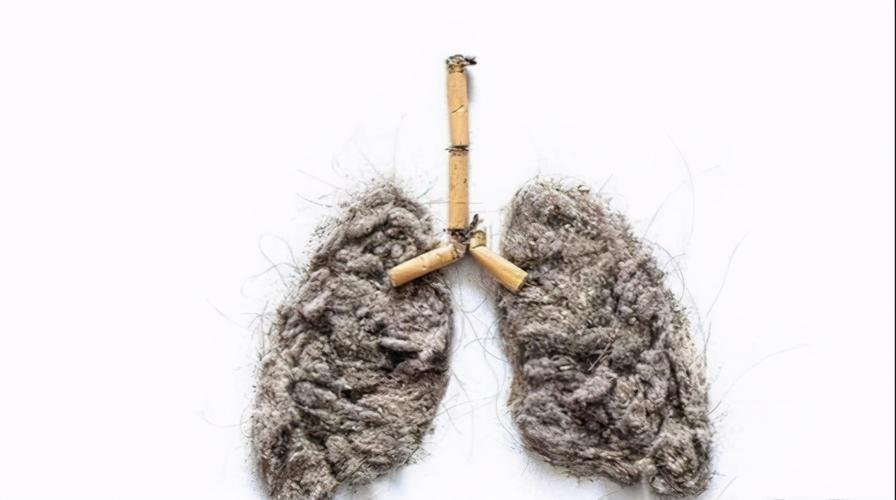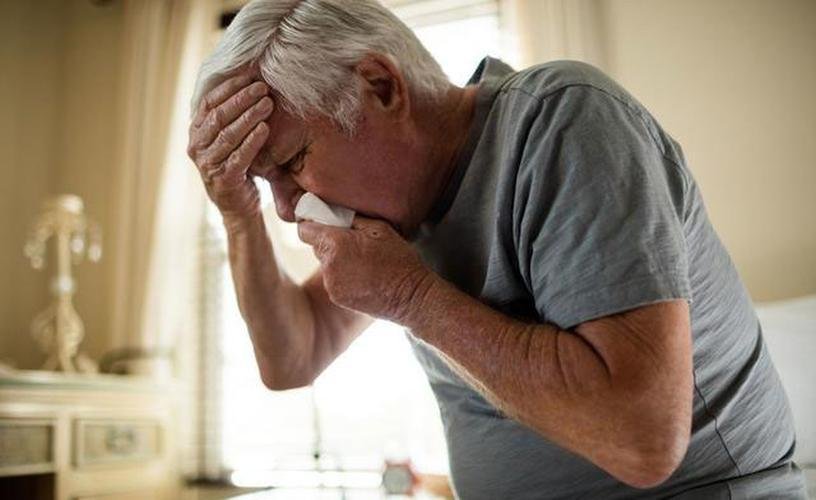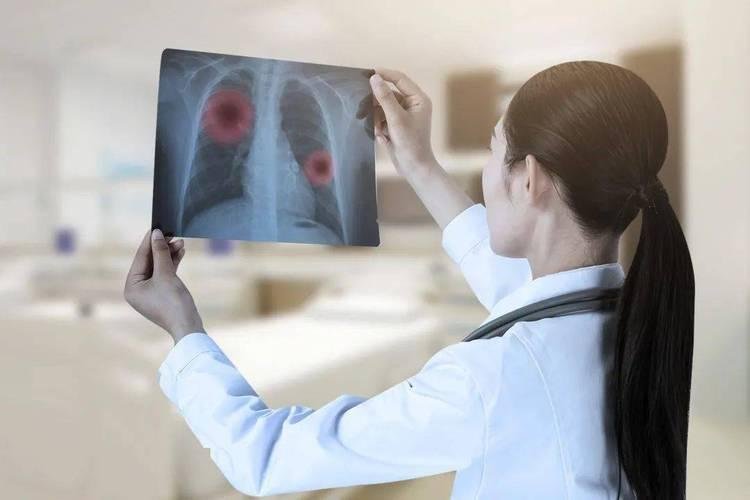In recent decades, with the increase in the number of smokers and the intensification of air pollution, the morbidity and mortality of lung cancer have increased sharply worldwide, and now it has become the malignant tumor with the highest mortality and morbidity in the world. Lung cancer Symptoms
The culprit of lung cancer – smoking



Smoking is the number one causative factor for lung cancer. It has been established as early as the early 20th century that smoking is associated with the incidence of lung cancer, that is, smoking can increase the incidence of lung cancer. The carcinogenicity of smoking is related to the age at which you start smoking, the duration of smoking, and the amount of smoking.
Studies have shown that there are more than 3,000 kinds of harmful substances in smoke, of which nicotine has carcinogenic effects. Patients who smoke 10 cigarettes a day have a lung cancer incidence rate that is more than 10 times that of non-smokers. Patients who smoke more than 20 cigarettes a day have lung cancer. The incidence rate can be increased by 20 times, and the incidence of lung cancer in patients who smoke more than 40 cigarettes is 60 times that of non-smokers.
Smoking increases the incidence of lung cancer, and inhalation of second-hand smoke can also significantly increase the incidence of lung cancer. The longer the smoking time, the more smoking, and the earlier the smoking time, the higher the incidence and mortality of lung cancer.
Therefore, smoking cessation is an important factor in reducing the incidence and mortality of lung cancer. It is recommended that smokers with more than 200 years of cigarettes should regularly perform low-dose spiral CT screening once a year for early detection of lung cancer.
Lung cancer “painless”? If you have these 3 symptoms, you may need to pay attention
1. Cough



Cough is mostly caused by lung cancer lesions irritating the bronchial mucosa. Cough is often the most common initial symptom of lung cancer patients. It is mostly a dry cough, which worsens in the morning or before falling asleep at night.
The early cough is intermittent, with the progression of the disease, the cough is persistent, and the effect of conventional cough and anti-inflammatory treatment is not good. Therefore, when there is a cough that lasts for a long time, the possibility of lung cancer should be alerted, and the patient should further improve the imaging examinations such as chest CT.
2. Chest tightness



Chest tightness in patients with lung cancer is a self-subjective feeling of the patient, that is, breathing is very laborious and difficult, and the inhalation or exhalation cannot meet the needs of the gas in and out of the respiratory function under normal conditions. Generally, for mild lung cancer, there is obstruction of lung tissue, no obvious chest tightness or mild symptoms.
If the lung tissue is severely obstructed, it feels as if the lungs are pressed by a stone, making it difficult to exhale normally, the airway cannot be unblocked, and even lead to respiratory failure and respiratory distress.
3. Low heat



If the patient has symptoms of long-term low-grade fever, it may be a potential patient of lung cancer. Low-grade fever is often caused by a tumor blocking the bronchi.
Of course, due to the different development of the disease, patients will have different fevers. The mild disease will have low fever, and the severe disease will show high fever. The symptoms of this fever will temporarily improve after the medication, but will recur.
Reading extension – is advanced lung cancer contagious?
Lung cancer is a tumorous disease that is extremely harmful to the human body. When cancer cells metastasize, it will threaten life. At this time, one of the most concerned questions of many patients’ families is, will lung cancer be contagious in the advanced stage?
From today’s medical knowledge, lung cancer is absolutely not contagious.
What we call infection refers to the transmission of a disease from one patient to another person through a certain route. Clinically, infection must meet three conditions, namely the route of transmission, the source of infection and the susceptible population. , all three are indispensable.



According to clinical data, cancer patients themselves are not the source of infection. Although cancer cells will metastasize to other parts of the patient’s body, it will not directly infect others like bacteria and viruses. Therefore, as a patient’s family member, there is no need to worry about being infected at all. possible.
As a family member of a patient, in the advanced stage of cancer, we must let the patient eat more food that cools and nourishes blood, nourishes qi and digests, which will help the patient’s physical recovery, such as Sydney, apple, loquat, walnut, red bean, wax gourd, radish, Enoki mushrooms, etc.
In addition, it is also very important to supplement enough nutrition. Be sure to eat more protein-rich foods, such as chicken, duck, fish, sea cucumber, milk, soy products, etc.
The vast majority of patients with advanced lung cancer usually lose the courage and confidence to live after learning about their condition. At this time, family members must give more care and care, pay more attention to help regulate emotions in daily life, and prolong the survival of patients. Maybe a miracle will really happen.
Read more updates on www.watchhindi.in



Hello, I am Sujeet, I am the content writer here. I write about entertainment and the latest news updates. I am a specialist in Entertainment content like movies, web series, drama series and more with experience over 5 years.







